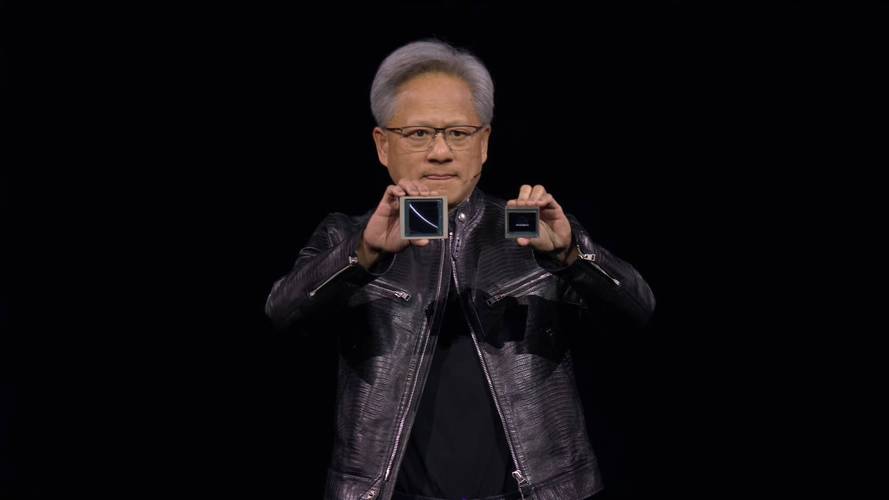NVIDIA CEO Huang仁勋 on U.S. Not Overestimating AI Superiority over China
 summary:
In recent interviews and public forums, NVIDIA CEO Jen-Hsun Huang (黄仁勋) emphasized that th...
summary:
In recent interviews and public forums, NVIDIA CEO Jen-Hsun Huang (黄仁勋) emphasized that th... In recent interviews and public forums, NVIDIA CEO Jen-Hsun Huang (黄仁勋) emphasized that the United States should not幻想 (overestimate) its AI (Artificial Intelligence) superiority over China in the fast-paced field of technology. His remarks underscore the increasingly competitive landscape in the global AI industry and the need for both countries to invest in research and innovation.
Huang's perspective is not just a personal opinion but reflects the current state of the global technology race. As the leader of a prominent technology company, his insights are significant in understanding the global AI landscape.
Firstly, Huang pointed out that both the United States and China have made significant advancements in AI research and development. While the U.S. has a strong foundation in AI technology and a robust ecosystem of innovation, China has made remarkable progress in areas like deep learning and machine vision. The competition is not just about who is ahead but also about which country can continue to innovate and adapt to changing technology trends.
Secondly, Huang emphasized that AI is a field where progress is measured in years, not months or weeks. The speed of innovation in AI is so fast that it's difficult to predict who will be the leader in the future. Therefore, it's crucial not to overestimate any nation's current advantage in this fast-evolving field.
Moreover, Huang noted that collaboration between countries is essential in advancing AI research and technology. The global community should work together to create an open and inclusive environment for innovation, rather than focusing on competition alone. This approach will foster greater progress in AI development and help both countries achieve their technological ambitions.
Furthermore, Huang emphasized that AI is not just about technology but also about how it is applied in real-world scenarios. The impact of AI on industries like healthcare, finance, transportation, and manufacturing will be profound, and both the United States and China need to prepare for this transformation. Investing in AI research and development is crucial, but it's also essential to consider how AI can be effectively integrated into various industries and societal aspects.
Lastly, Huang's call for realistic expectations about AI competition between the United States and China is a reminder that technology advancement is not a zero-sum game. Both countries can achieve success in the field of AI and benefit from each other's advancements. Instead of focusing on perceived advantages or disadvantages, it's essential to collaborate and share knowledge to drive innovation forward.
In conclusion, Jen-Hsun Huang's remarks on AI competition between the United States and China emphasize the need for realistic expectations and a focus on collaboration. As the global community strives to harness the power of AI for societal benefits, it's crucial to recognize that progress in this field is measured in years and not months or weeks. Both the United States and China have made significant advancements in AI research and development, and both countries need to continue investing in innovation, collaboration, and real-world application of AI technologies to achieve success in this fast-paced field.

